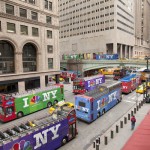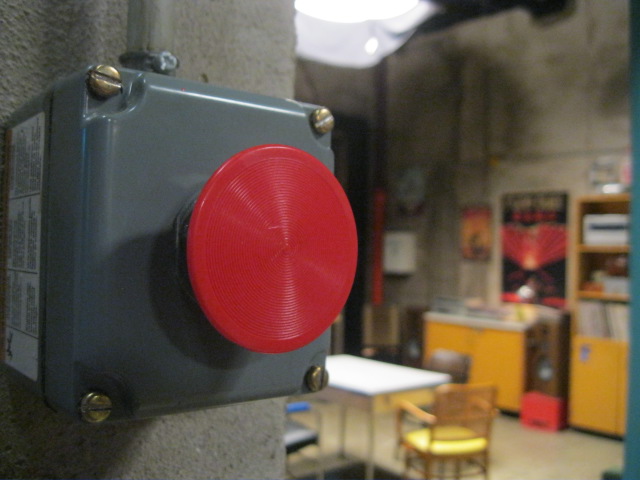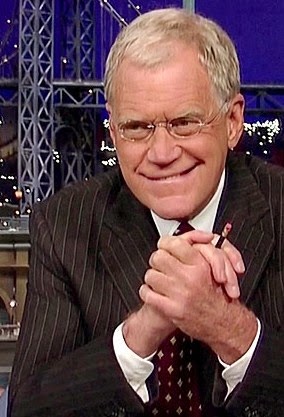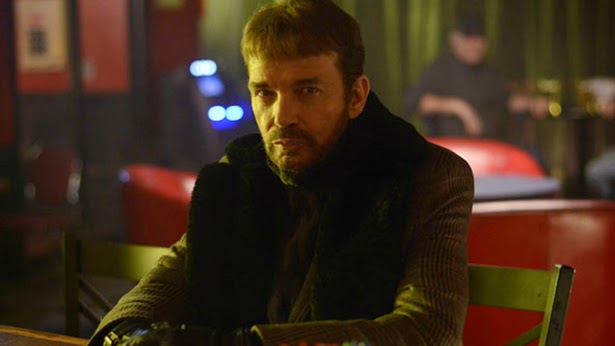The world was very black and white in 1961. Images of people on TV were still broadcast that way, with colour TV sets a decade away for most consumers. Society, too, was still very black and white to the point of de facto—if no longer legal–segregation in much of the Southern United States. Signs declaring “Whites Only” and “Black Entrance” were still up and enforced at bus shelters and lunch counters, relics of entrenched Jim Crow conventions. Into the heart of that very black and white world rode the Freedom Riders.Their heroic story is told in the black and white images of the day in Freedom Riders, an American Experience documentary premiering Monday May 16 on most PBS stations (check affiliate listings in your area).
The two hour broadcast, from award-winning filmmaker Stanley Nelson (“Wounded Knee,” “Jonestown: The Life and Death of Peoples Temple”), tells the story of 400 black and white Americans—and one Canadian—who 50 years ago risked their lives simply by riding public transit buses into the deep south. The film is partially based on Raymond Arsenault’s book Freedom Riders: 1961 and the Struggle for Racial Justice.
The film shows how this citizen’s uprising was a key factor in the push for civil rights. The new Kennedy White House was at first cool to the demonstration and tried to discourage what they saw as a provocative act. Even Martin Luther King declined to get on the bus. The Freedom Riders drove the pace car in a decade of powerful political and social change.
Oprah Winfrey reunited 178 of the Freedom Riders on her show earlier this month. The reunion was quite moving, with protest songs coming back to the assembled like 50 years ago was yesterday. These ordinary citizens, who rode buses which drove from Chicago into the deep south, put their lives at risk. Klansmen set fire to one bus in Alabama. Three hundred protesters were later hauled off their buses and imprisoned in a move that brought international attention to their cause.
A few of the original riders were at the most recent TCA press tour in Pasadena last January, and I asked Joan Mulholland if she thought today’s university students would get off Facebook long enough to get on the bus.
“Yeah, I think they would,” said Mulholland, just 19 in 1961 when she made her courageous freedom ride. “If something came that sparked them.”
 |
| Joan Mulholland, busted for getting on the bus |
She pointed to Barack Obama’s 2008 presidential election campaign was something that mobilized young people to a certain extent. Not long after her comments, uprisings in Egypt and Libya gave vivid proof that people are still ready to rise up and put themselves at risk for a cause. Recent voting mobs at college campuses across Canada during the federal election also suggest a mood of activism is stirring among youth in North America.
Mulholland reminded me her generation was dismissed as, in her words, pampered airheads who “don’t understand The Depression, and World War II and rationing. And they just are thinking about the dance and this and that,” she said.
Yet the cause of ending segregation sparked a sense of urgency, “and I think it could happen again.” says Mulholland, who suggests a new generation of students “can learn from the way we did things and the ideas that we had can give them some clues on how to deal with whatever they decide to face.”
For more on the Freedom Riders and Monday’s PBS American Experience special, jump to this story I wrote for The Canadian Press.








1 Comment
Thank goodness for such brave, beautiful souls. They are true heroes